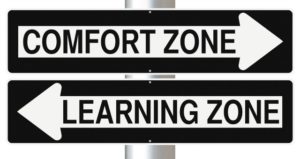
Assessing Social Science Internships Using the Business Model
Regardless of the academic program, internships can be a key piece of any student’s academic experience. In my involvement as an internship coordinator for political science, the only assessment model I had was what I knew from my experience as an undergraduate and graduate student. This included working with faculty to identify an internship opportunity, being placed, accomplishing a minimum number of hours, writing a journal of daily activities, and writing a reflection paper on the overall experience and its relation to my academic coursework. Once these minimum requirements were satisfied, a passing grade was bestowed, given that internships are a pass/fail class. Now, as a faculty member, I had become concerned that a more rigorous assessment was needed.












